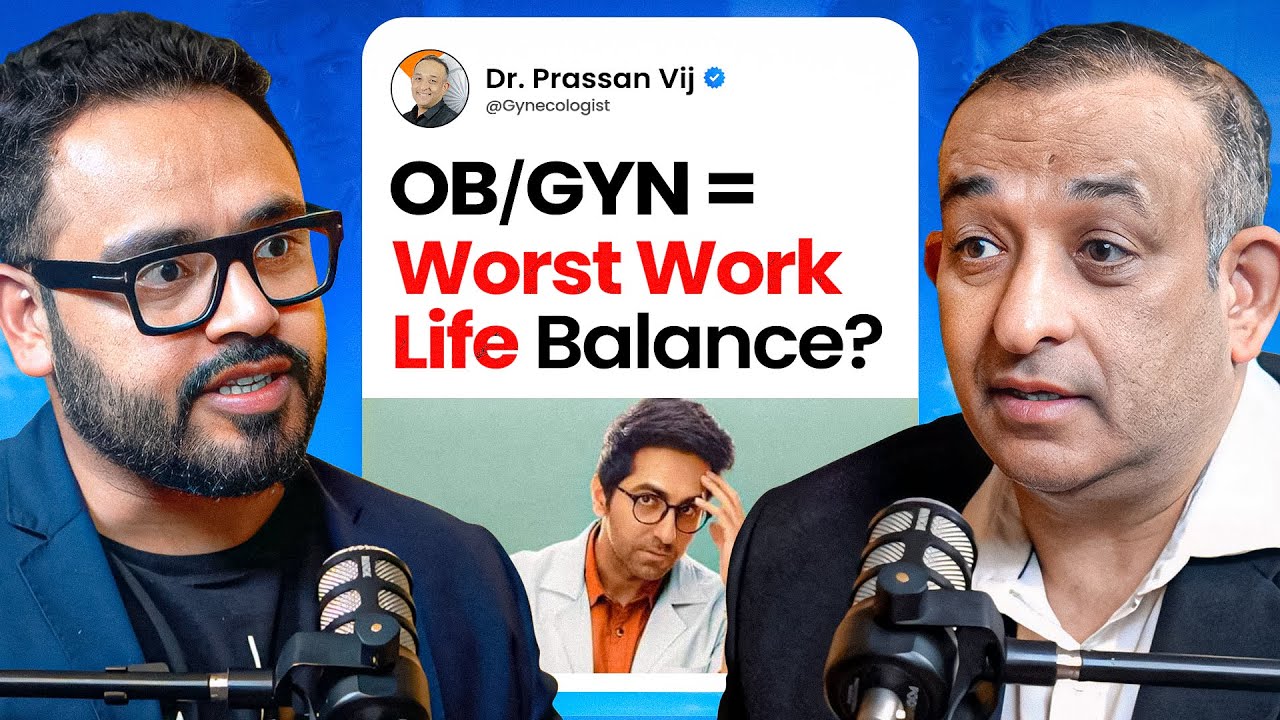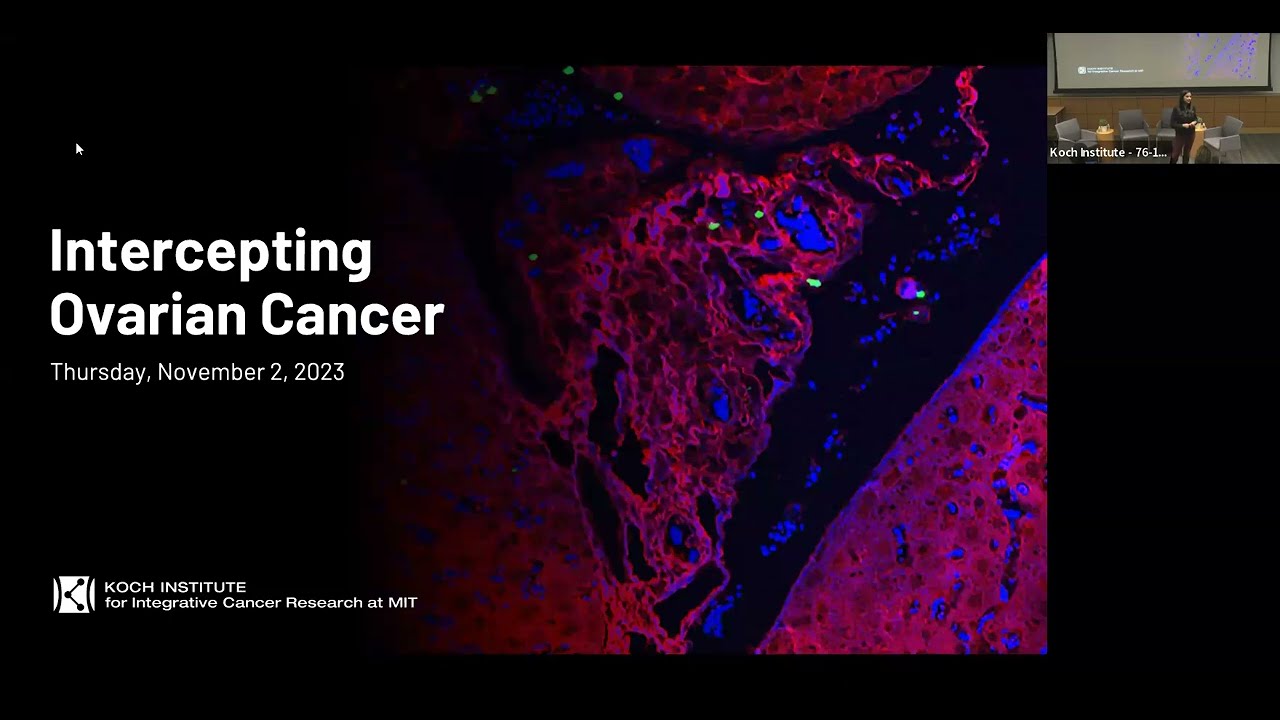NEW YORK (Reuters Health) – In young women with breast cancer, temporary ovarian suppression by the gonadotropin-releasing hormone analogue triptorelin during chemotherapy reduces the occurrence of premature menopause, an Italian study has shown.
“This treatment can therefore be offered to premenopausal patients with breast cancer who wish to decrease the risk of permanent ovarian failure associated with chemotherapy,” the researchers advise in the July 20 issue of the Journal of the American Medical Association.
Dr. Lucia Del Mastro, with the Istituto Nazionale per la Ricerca sul Cancro in Genoa, and colleagues point out that about 6% of women diagnosed with breast cancer are younger than 40, and most of them are treated with chemotherapy and/or hormone therapy. No standard therapies to avert the high risk of premature ovarian failure have been established.
To investigate the protective effect of temporary ovarian suppression during cancer treatment, the team recruited 281 premenopausal patients with early-stage breast cancer for a phase III, open-label randomized trial. At least 1 week before chemotherapy, 148 of the women received triptorelin 3.75 mg IM and then every 4 weeks for the duration of chemotherapy.
The primary endpoint was chemotherapy-induced menopause, defined as no resumption of menstrual activity and postmenopausal levels of follicle stimulating hormone and estradiol 1 year after the end of chemotherapy.
This occurred in 8.9% of the patients in the triptorelin group compared with 25.9% of women in the control group, yielding an odds ratio for treatment-related early menopause of 0.28 (p<0.001). The number needed to treat with triptorelin to prevent early menopause in 1 patient was 6.
However, the authors of a related editorial sound a note of caution in the case of patients with hormone receptor-positive disease. Dr. Hope S. Rugo and Dr. Mitchell P. Rosen with the University of California, San Francisco, cite the potential adverse effects on disease outcome, and say “the use of GnRH agonists concomitant with chemotherapy cannot be recommended as a standard treatment and should be approached with caution in women with hormone-sensitive disease.”
On the other hand, for patients with hormone-insensitive disease, they conclude, “GnRH agonist therapy to suppress ovarian function during chemotherapy is an additional treatment that can potentially expand fertility possibilities.”
JAMA 2011;306:269-276,312-314.






